Home>Storage & Organization>Decluttering Tips & Tricks>How To Declutter Without Guilt
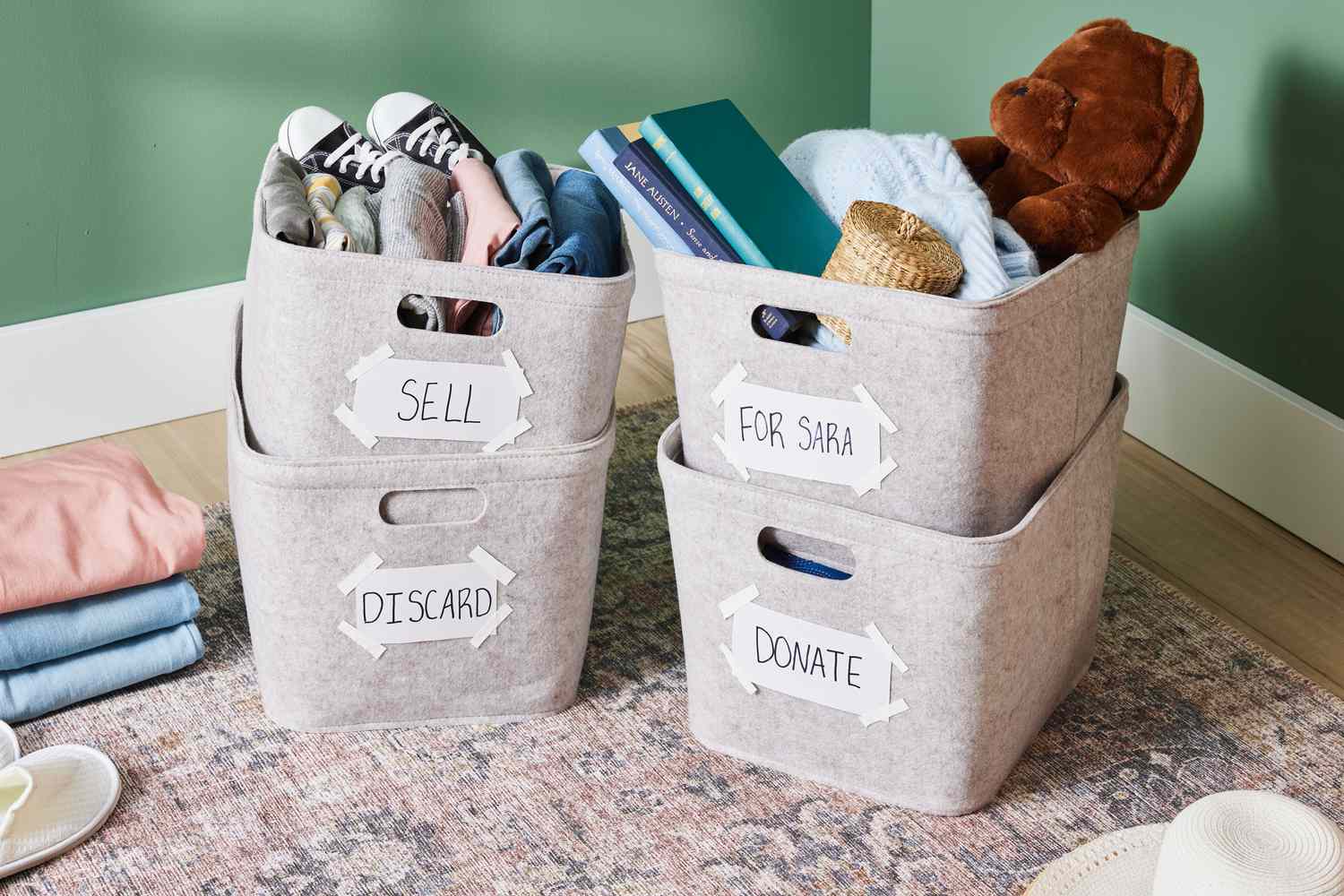

Decluttering Tips & Tricks
How To Declutter Without Guilt
Published: December 25, 2023
Discover guilt-free decluttering tips and tricks to simplify your life. Learn how to declutter without feeling overwhelmed or guilty. Start your journey to a clutter-free home today!
(Many of the links in this article redirect to a specific reviewed product. Your purchase of these products through affiliate links helps to generate commission for Storables.com, at no extra cost. Learn more)
**
Introduction
**
Decluttering can be a liberating and transformative process, but for many, it comes with a heavy burden of guilt. The emotional attachment to possessions, the fear of waste, and the pressure to maintain a perfect home often contribute to feelings of guilt when considering decluttering. However, it's essential to recognize that decluttering is not about getting rid of everything or striving for perfection. Instead, it's about creating a living space that fosters joy, functionality, and peace of mind.
This article aims to delve into the intricacies of decluttering without guilt, offering insights and practical tips to help you navigate this process with a sense of empowerment and freedom. By understanding the source of guilt, embracing imperfection, setting realistic goals, and finding joy in the decluttering journey, you can cultivate a mindset that allows you to let go of clutter without remorse. Let's embark on this journey together and discover the art of decluttering without guilt.
Understanding the Source of Guilt
Key Takeaways:
- Embrace imperfection and set realistic goals to declutter without guilt. Let go of societal pressures and fear of making wrong decisions to cultivate a mindset of empowerment and freedom.
- Infuse joy into decluttering by celebrating liberation and fostering creativity. Approach the process with gratitude and reflection to create a living space that radiates joy and authenticity.
Read more: How To Declutter A Room
Understanding the Source of Guilt
Before embarking on a decluttering journey, it’s crucial to introspect and understand the underlying sources of guilt associated with letting go of possessions. Guilt often stems from emotional attachments, societal pressures, and the fear of making the wrong decisions. By acknowledging these sources, you can begin to address and overcome them, paving the way for a more mindful and guilt-free decluttering experience.
Emotional Attachments: Possessions are often intertwined with memories, emotions, and sentimental value. Letting go of items that hold personal significance can evoke feelings of guilt, as if parting with the physical object means losing the associated memories. Recognizing that memories reside within us, not within the objects, can help alleviate this sense of guilt and facilitate the decluttering process.
Societal Pressures: Society often perpetuates the notion that more possessions equate to success and happiness. This external pressure can instill guilt when considering decluttering, as if it goes against societal expectations. However, it’s essential to realign with personal values and prioritize inner contentment over external validation, freeing oneself from the burden of societal pressures.
Fear of Making Wrong Decisions: The fear of discarding something that may be needed in the future can lead to guilt-ridden indecision. This “what if” mindset can hinder the decluttering process, causing anxiety and reluctance to let go of items. Embracing a mindset of abundance and trust in one’s decision-making abilities can help alleviate this fear, allowing for more confident and guilt-free decluttering choices.
By acknowledging and understanding these sources of guilt, individuals can approach decluttering with heightened self-awareness and compassion. This awareness serves as a foundation for cultivating a mindset that embraces imperfection, values personal well-being, and prioritizes joy over guilt.
Letting Go of Perfectionism
Letting Go of Perfectionism
Perfectionism often casts a shadow of guilt over the decluttering process, leading individuals to set unrealistic standards and harsh self-judgment. However, embracing imperfection can be a powerful antidote to this guilt, fostering a sense of liberation and self-compassion.
Redefining Perfect Spaces: The pursuit of a “perfect” living space can create unattainable expectations, fueling guilt when clutter disrupts this idealized vision. Instead of striving for flawlessness, consider embracing a vision of a home that is functional, comfortable, and reflective of your unique lifestyle. By redefining perfection as a space that supports your well-being, you can release the grip of guilt and embrace the beauty of imperfection.
Embracing Progress Over Perfection: Decluttering is a journey, not a one-time feat of perfection. Recognize that progress, no matter how small, is a significant achievement. Celebrate each step taken toward a more organized and intentional living environment, and release the notion that everything must be flawlessly decluttered in one go. By embracing progress over perfection, you can alleviate the burden of guilt and approach decluttering with a sense of empowerment.
Cultivating Self-Compassion: Perfectionism often leads to self-criticism and harsh judgment when facing clutter or organizational challenges. Practicing self-compassion involves treating oneself with kindness and understanding, especially in the midst of decluttering efforts. Acknowledge that decluttering is a process that may involve difficult decisions and moments of vulnerability. By approaching oneself with compassion, guilt can gradually dissipate, making room for a more positive and nurturing decluttering experience.
By letting go of perfectionism and embracing imperfection, individuals can embark on the decluttering journey with a renewed sense of freedom and self-acceptance. This shift in mindset allows for a more compassionate and sustainable approach to decluttering, fostering a sense of empowerment and joy in creating a living space that truly reflects one’s values and aspirations.
Setting Realistic Goals
When decluttering, ask yourself if the item brings you joy or serves a purpose. If not, let it go without guilt.
Setting Realistic Goals
When decluttering, setting realistic and achievable goals is instrumental in alleviating guilt and fostering a sense of accomplishment. By approaching the decluttering process with intention and clarity, individuals can navigate this transformative journey with confidence and purpose.
Defining Priorities: Begin by identifying the areas of your home or specific categories of possessions that require decluttering. Whether it’s tackling a cluttered closet, organizing a home office, or simplifying a collection of sentimental items, defining clear priorities allows for a focused and manageable approach. By breaking down the decluttering process into specific areas, you can set realistic goals tailored to your unique needs and circumstances.
Embracing Incremental Progress: Rather than aiming for an all-encompassing decluttering overhaul, embrace the power of incremental progress. Set achievable milestones, such as decluttering one room at a time or dedicating a specific amount of time each day to decluttering efforts. By celebrating each milestone achieved, you can maintain motivation and momentum, gradually reducing guilt and overwhelm associated with the decluttering process.
Adopting a Mindful Pace: Rushing through decluttering can lead to hasty decisions and feelings of regret, perpetuating guilt instead of alleviating it. Embrace a mindful and deliberate pace, allowing yourself the time to assess each item and make conscious decisions about what to keep, donate, or discard. By approaching decluttering with mindfulness, you can cultivate a sense of intentionality and purpose, reducing the likelihood of guilt-ridden choices.
Practicing Flexibility: While setting goals is essential, it’s equally important to practice flexibility and adaptability throughout the decluttering journey. Unexpected emotions, challenges, and practical considerations may arise, necessitating adjustments to initial goals. By remaining flexible and open to recalibrating your decluttering approach, you can navigate the process with greater ease and resilience, minimizing guilt associated with deviations from the original plan.
By setting realistic goals, individuals can approach decluttering with a sense of clarity, purpose, and empowerment. This intentional approach not only fosters a more manageable and sustainable decluttering experience but also reduces the burden of guilt, allowing for a more positive and transformative journey toward a clutter-free living space.
Finding Joy in Decluttering
Finding Joy in Decluttering
Amidst the decluttering process, it’s essential to cultivate a mindset that embraces joy and positivity, transforming the act of decluttering from a daunting task into a rewarding and uplifting experience. By infusing joy into the decluttering journey, individuals can alleviate guilt and discover the transformative power of creating a space that truly sparks joy and contentment.
Embracing Gratitude: Cultivate a sense of gratitude for the items you choose to keep, rather than focusing solely on the act of discarding possessions. Expressing gratitude for the items that serve a purpose or bring joy can shift the decluttering process from a mindset of scarcity to one of abundance, fostering a sense of contentment and appreciation for the items that truly enhance your living space.
Celebrating Liberation: Instead of viewing decluttering as a loss, celebrate the liberation that comes with letting go of items that no longer serve a meaningful purpose in your life. Recognize that decluttering creates space for new opportunities, experiences, and a sense of lightness within your living environment. By reframing decluttering as a liberating act, you can diminish feelings of guilt and embrace the positive impact of simplifying your surroundings.
Fostering Creativity: Decluttering offers an opportunity to unleash creativity and reimagine your living space. Explore innovative ways to organize and display the items that remain, infusing your home with a renewed sense of creativity and personal expression. By approaching decluttering as a creative endeavor, you can shift the focus from guilt to inspiration, fostering a sense of joy and excitement throughout the process.
Embracing Moments of Reflection: Use the decluttering process as a time for introspection and reflection. Consider the stories behind the items you own, the memories they hold, and the significance they carry. Embracing moments of reflection can infuse the decluttering journey with a deeper sense of purpose and connection, allowing you to approach the process with mindfulness and appreciation for the items that truly resonate with your life.
By finding joy in decluttering, individuals can transform the act of simplifying their living space into a fulfilling and enriching experience. Infusing joy, gratitude, and creativity into the decluttering journey not only alleviates guilt but also fosters a sense of empowerment and contentment, ultimately creating a living space that radiates joy and authenticity.
Read more: How To Declutter A Bathroom
Conclusion
Embarking on a decluttering journey without succumbing to guilt is a transformative and empowering endeavor. By understanding the sources of guilt, embracing imperfection, setting realistic goals, and finding joy in the process, individuals can navigate decluttering with a sense of liberation and purpose. Letting go of possessions is not merely about creating physical space; it’s about cultivating mental and emotional space, fostering a living environment that reflects one’s values and aspirations.
As you navigate the decluttering process, remember that it’s okay to release items that no longer align with your present self. Embrace imperfection and recognize that the journey toward a clutter-free space is a continual evolution, not a quest for flawlessness. Setting realistic goals tailored to your unique circumstances allows for a more manageable and sustainable approach, alleviating the burden of guilt and overwhelm.
Infuse joy into the decluttering journey by expressing gratitude for the items that bring value and purpose into your life. Celebrate the liberation that comes with letting go and explore the creative opportunities that arise from simplifying your surroundings. By approaching decluttering with mindfulness and appreciation, you can transform the process into a fulfilling and enriching experience.
Ultimately, decluttering without guilt is about embracing a mindset of self-compassion, authenticity, and intentional living. It’s a journey toward creating a living space that nurtures joy, functionality, and peace of mind. As you embark on this transformative path, may you find the freedom to let go, the courage to embrace imperfection, and the joy of cultivating a living environment that truly reflects your essence. Remember, decluttering is not about discarding the past; it’s about creating space for the present and the possibilities that await.
Embrace the art of decluttering without guilt, and may your living space become a sanctuary of joy, authenticity, and mindful simplicity.
Frequently Asked Questions about How To Declutter Without Guilt
Was this page helpful?
At Storables.com, we guarantee accurate and reliable information. Our content, validated by Expert Board Contributors, is crafted following stringent Editorial Policies. We're committed to providing you with well-researched, expert-backed insights for all your informational needs.
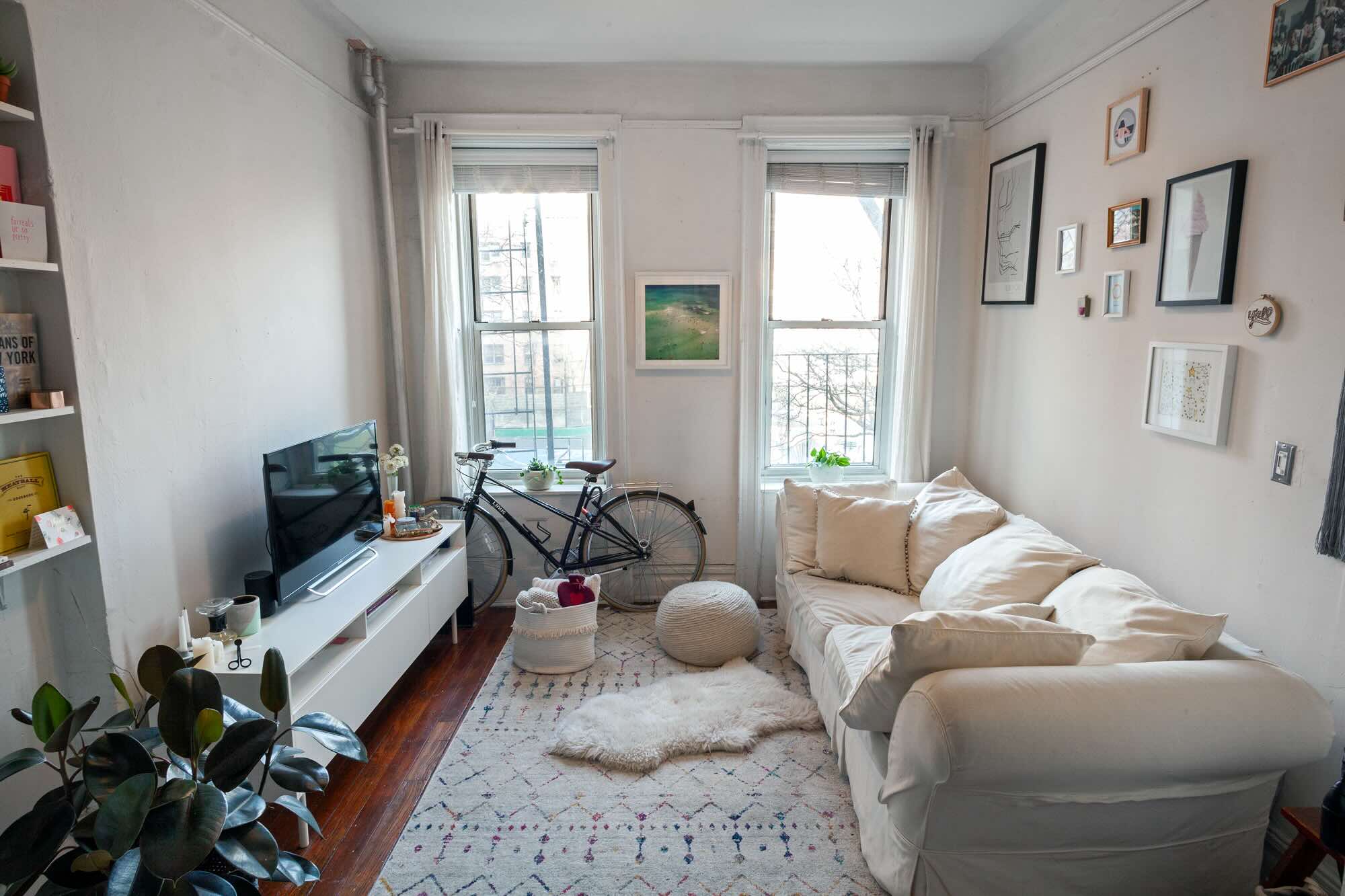

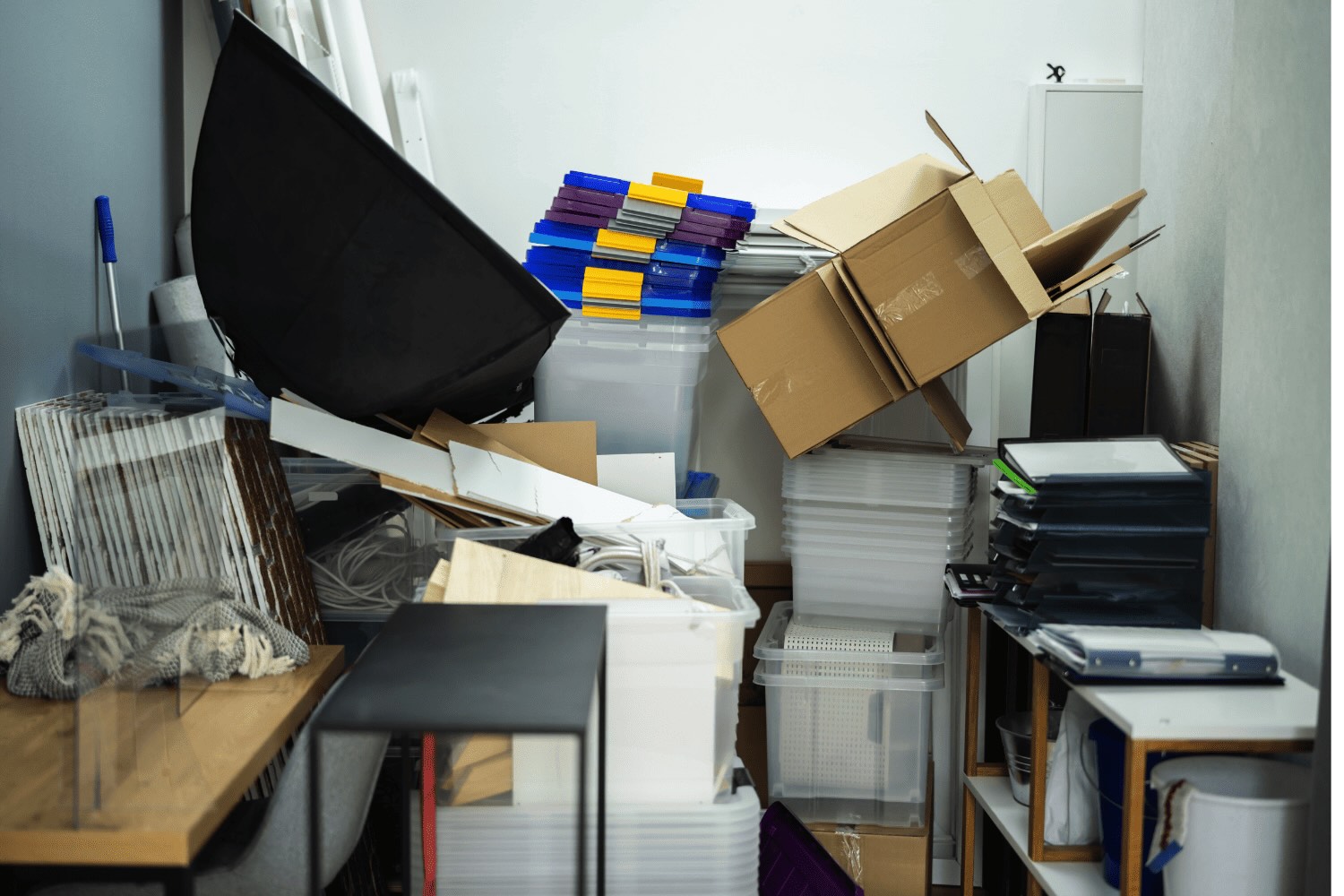
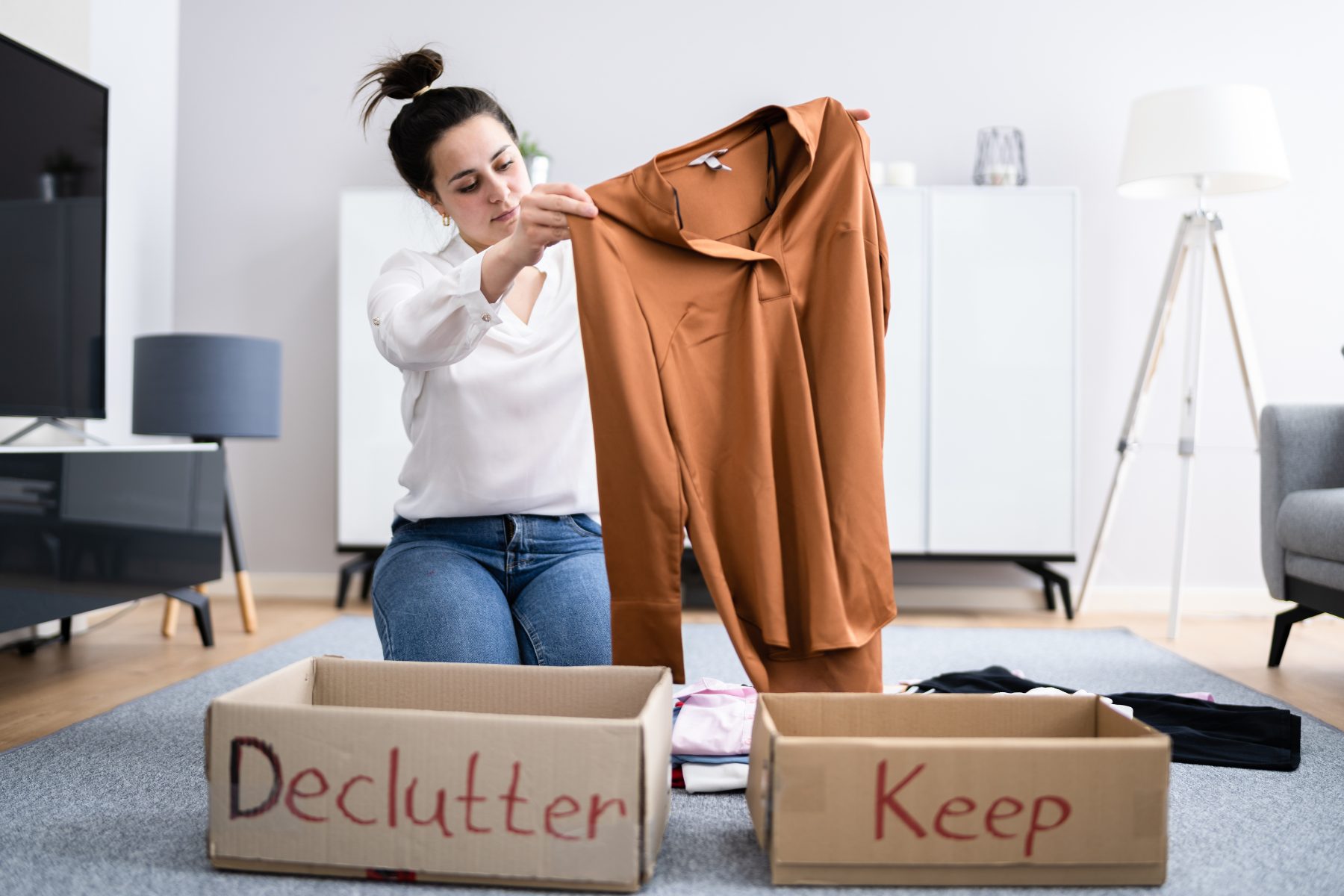
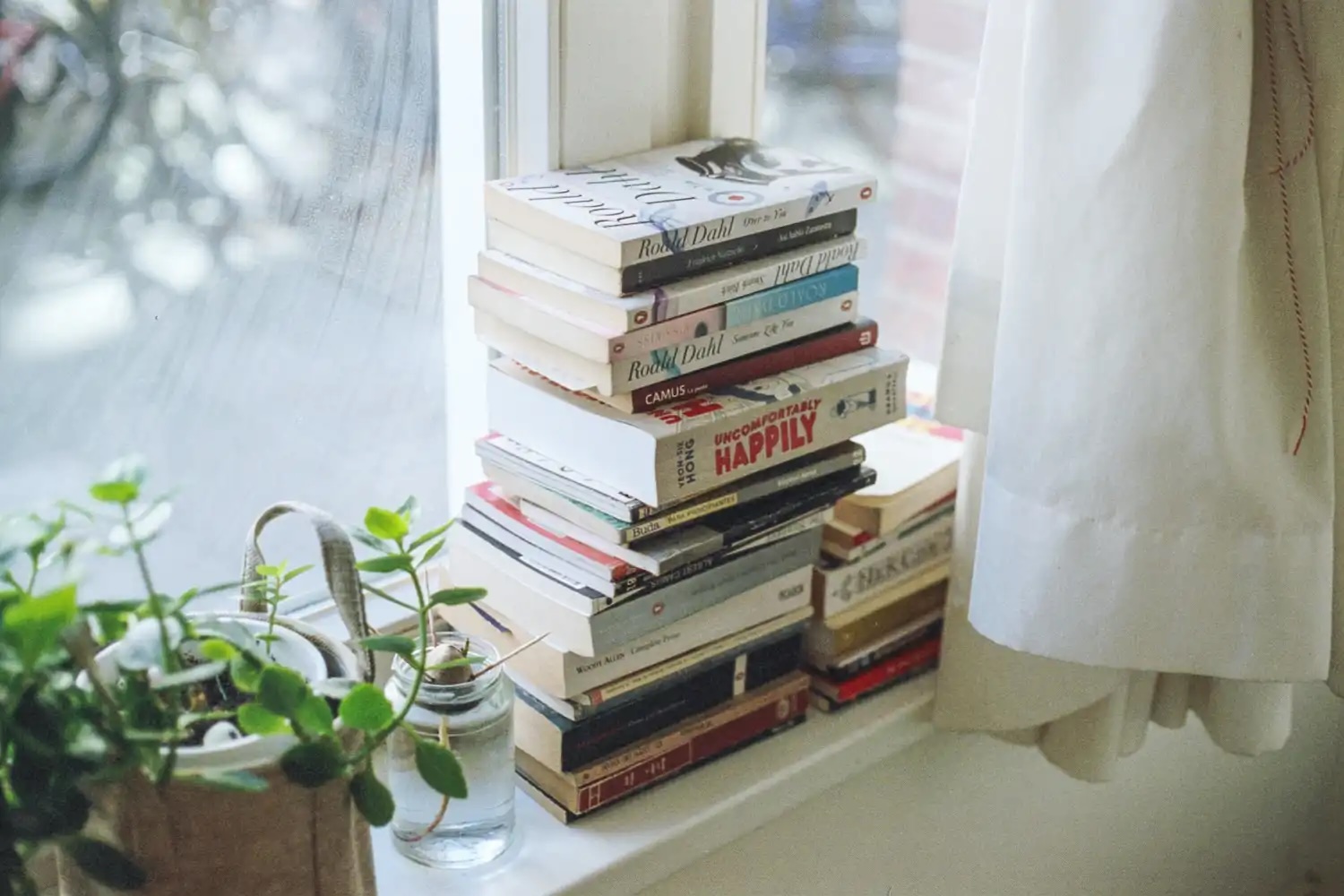
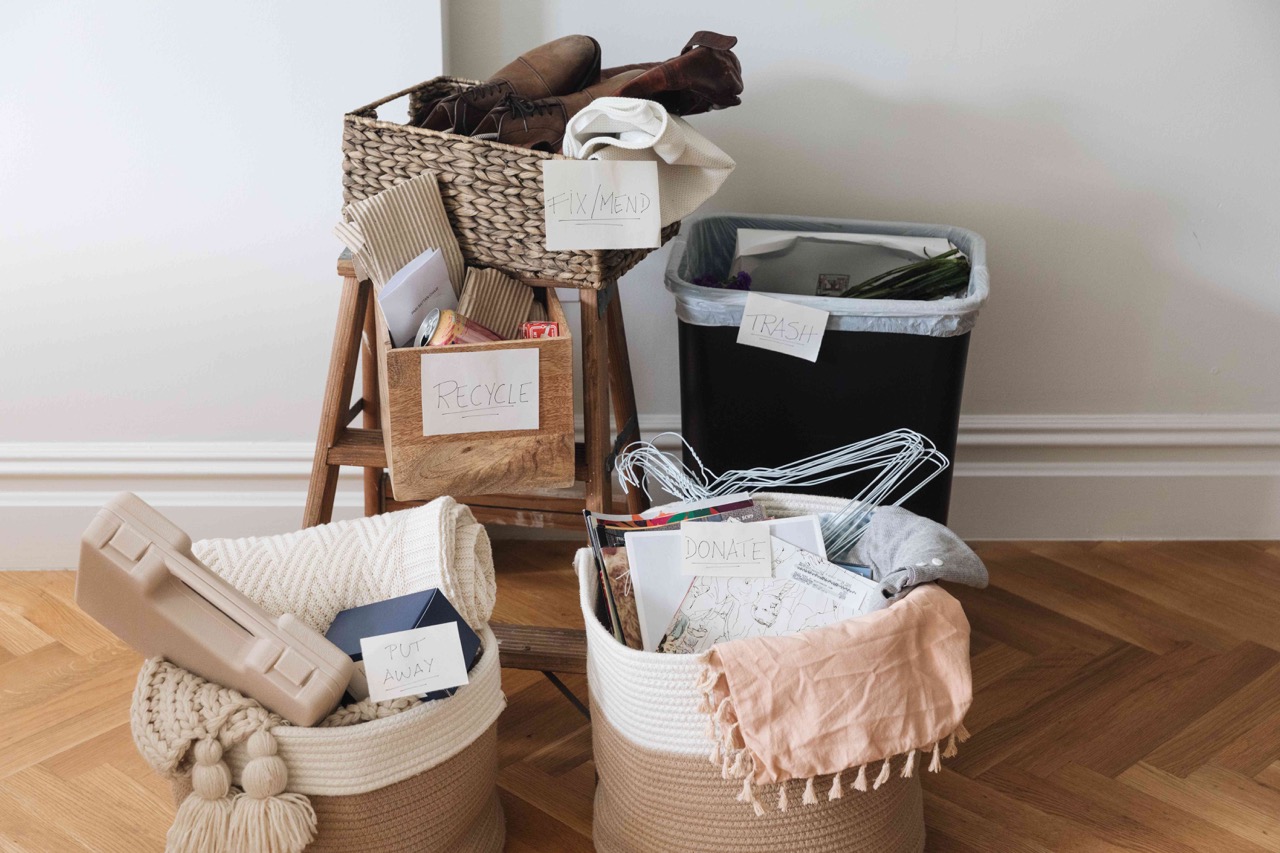


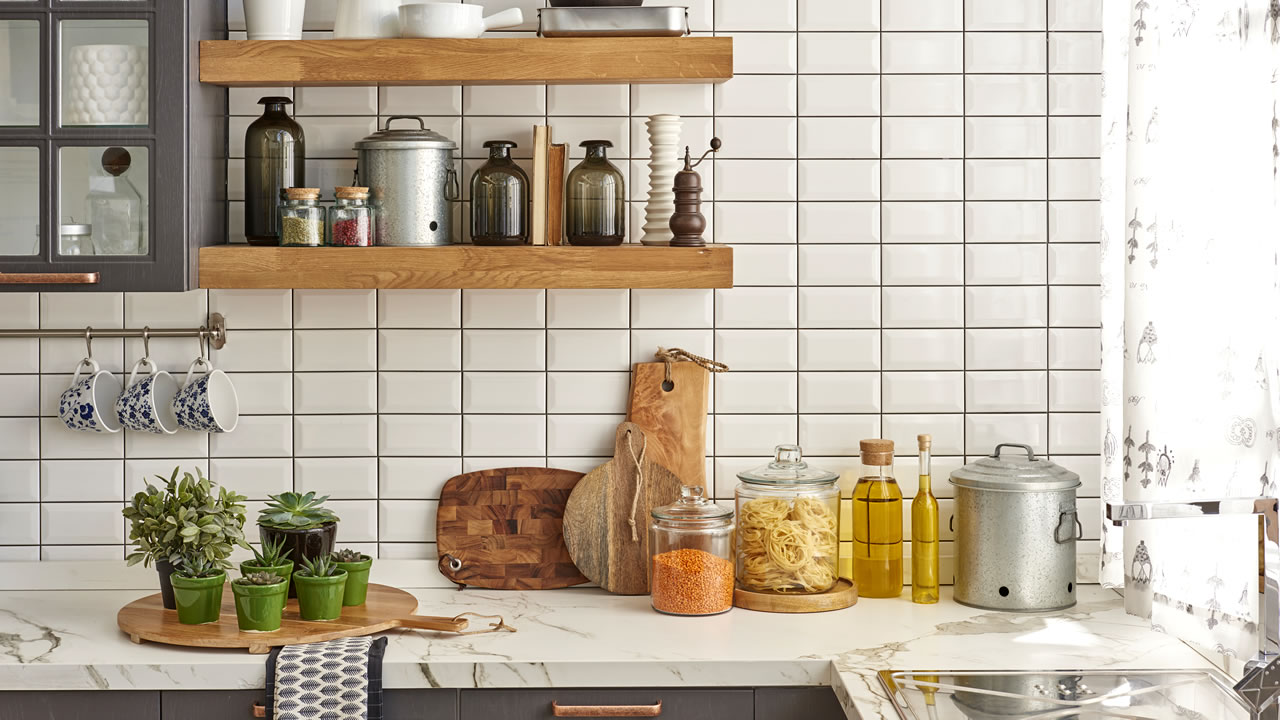
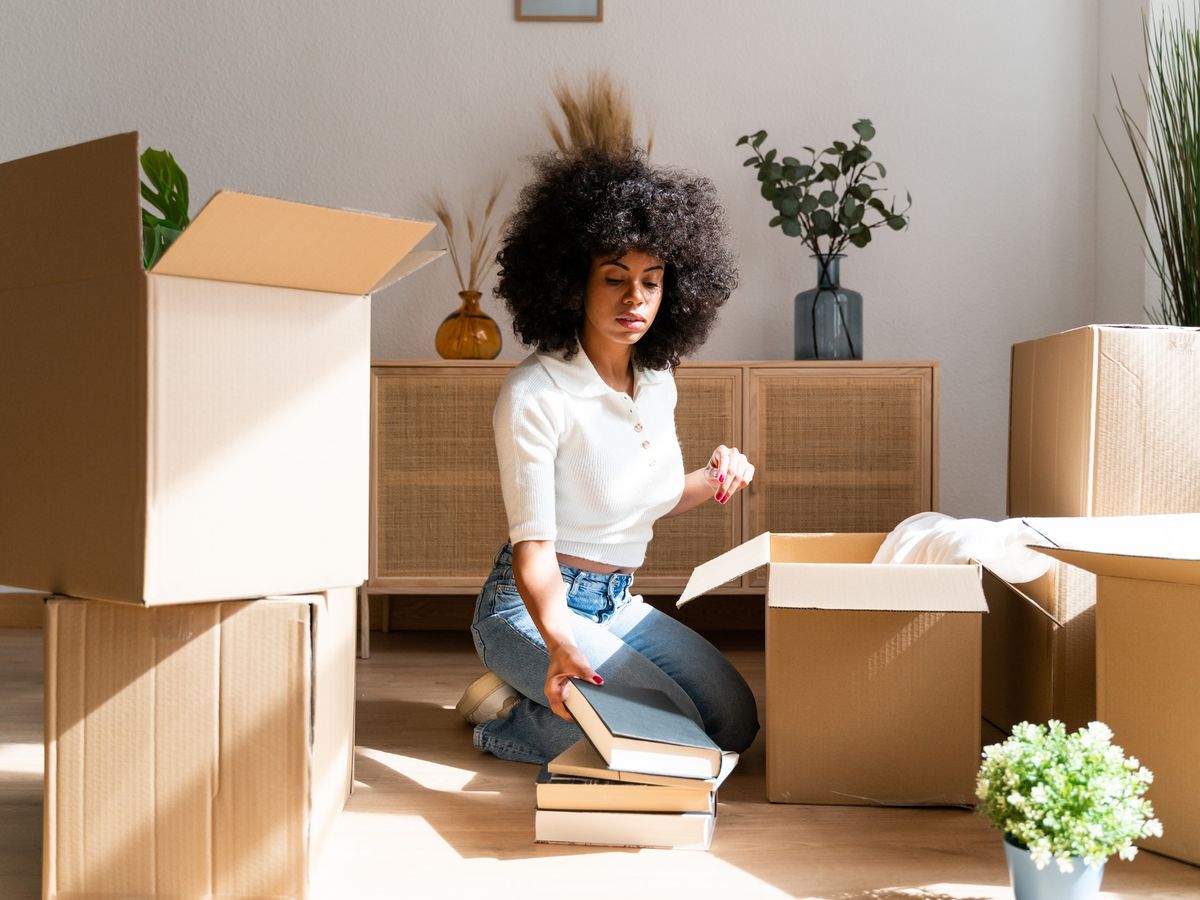
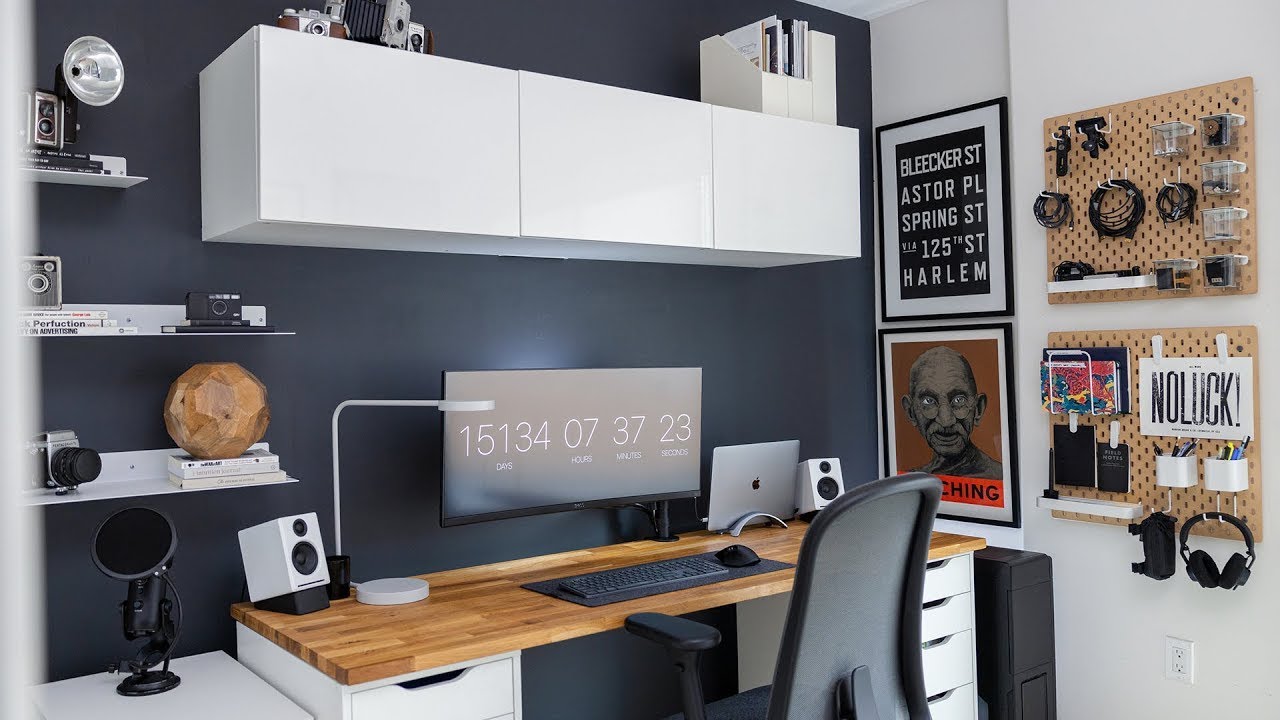
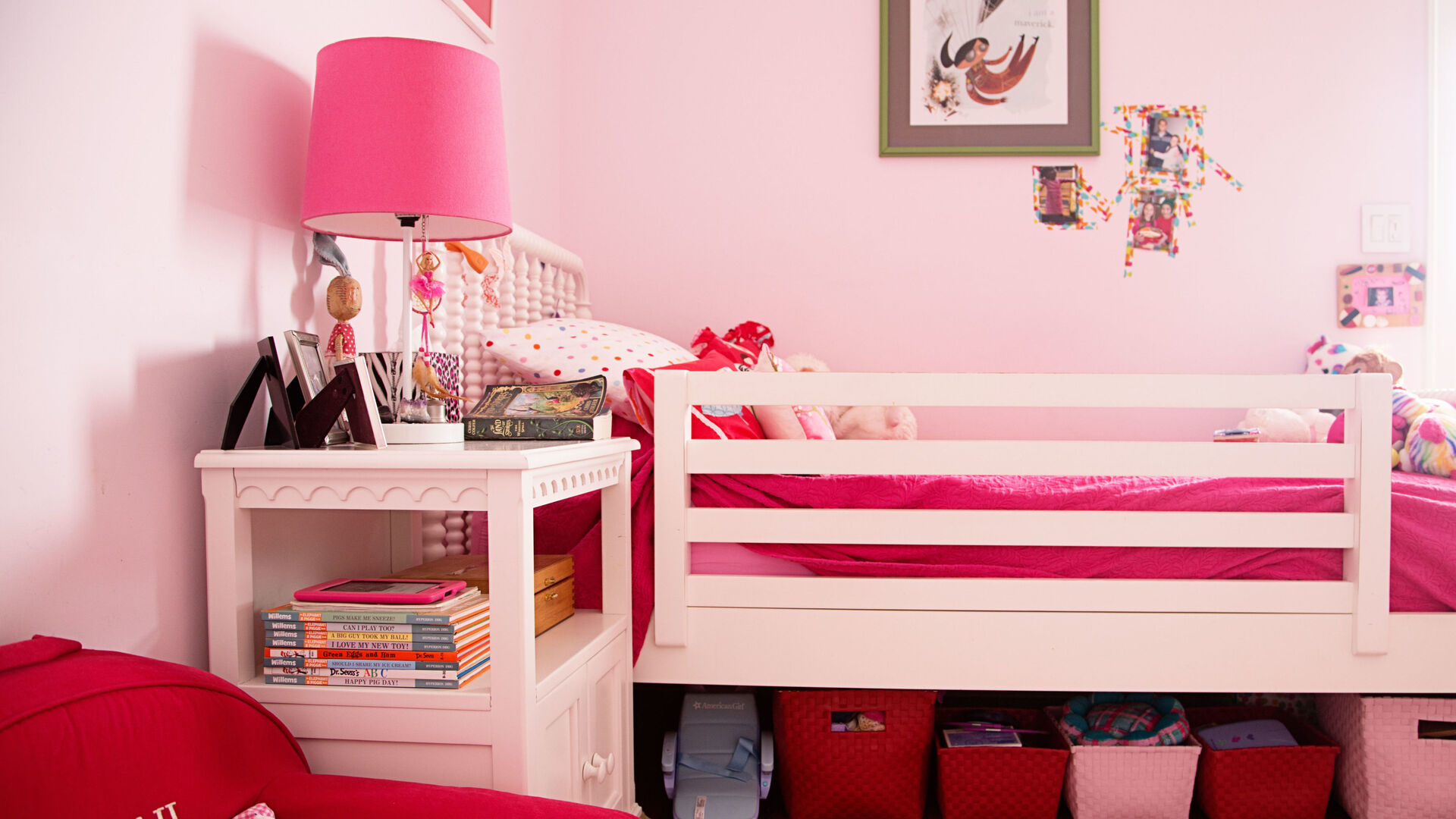
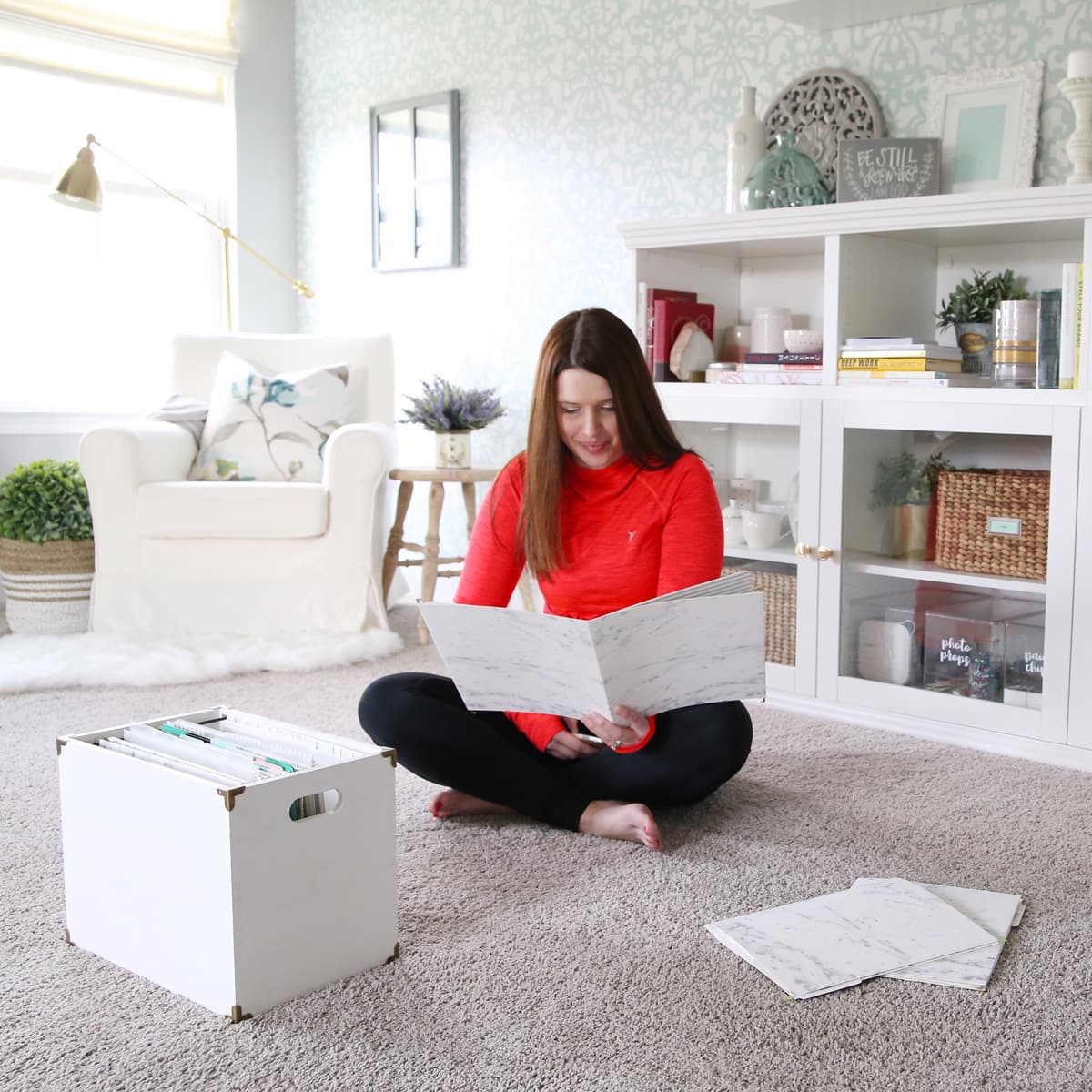


0 thoughts on “How To Declutter Without Guilt”